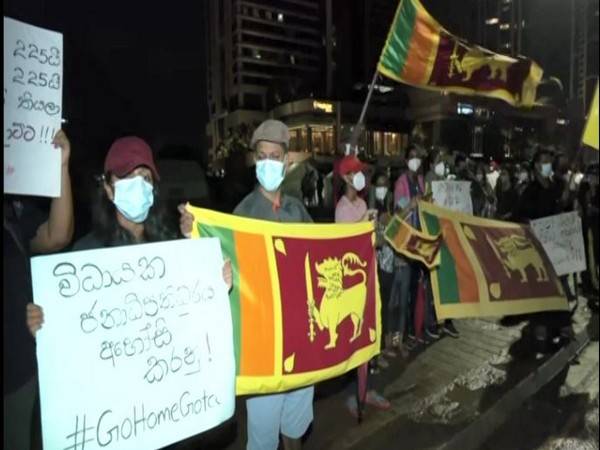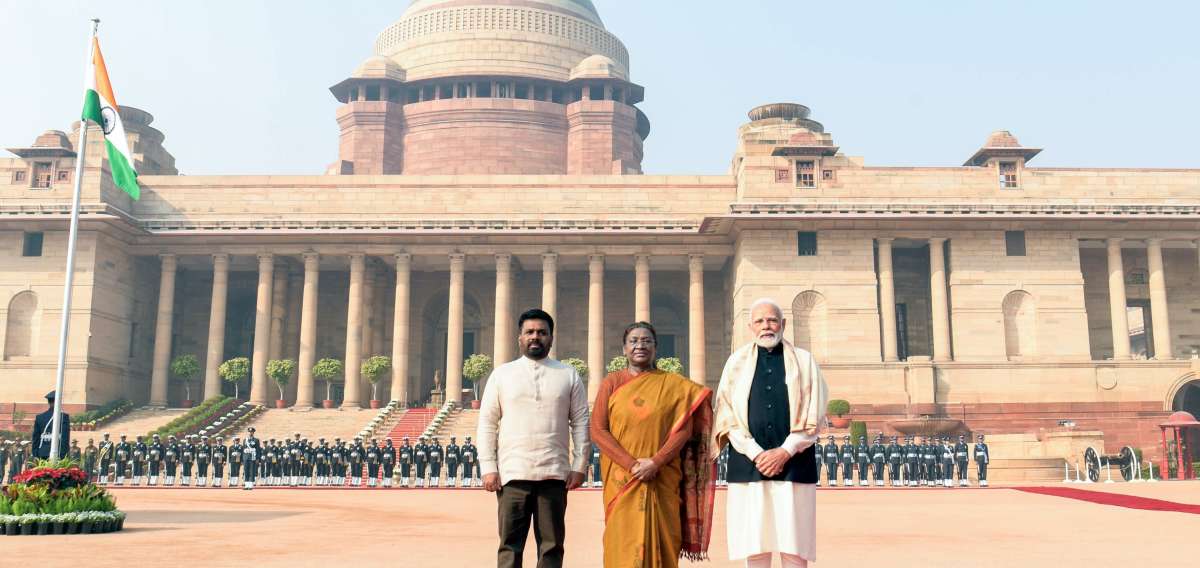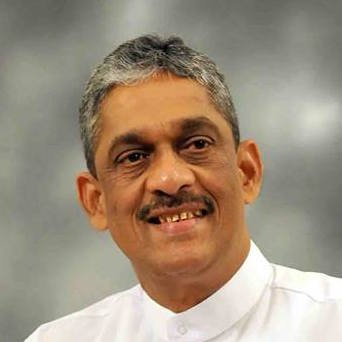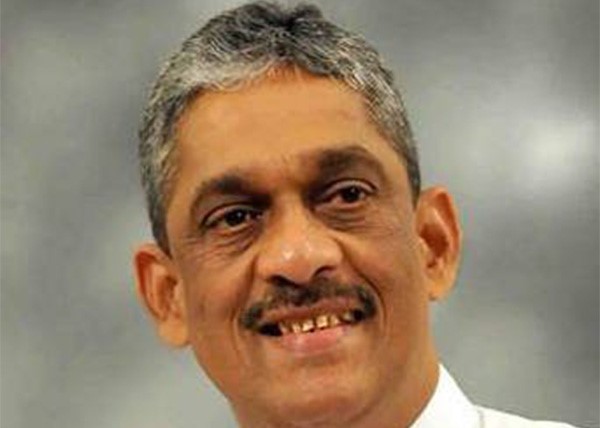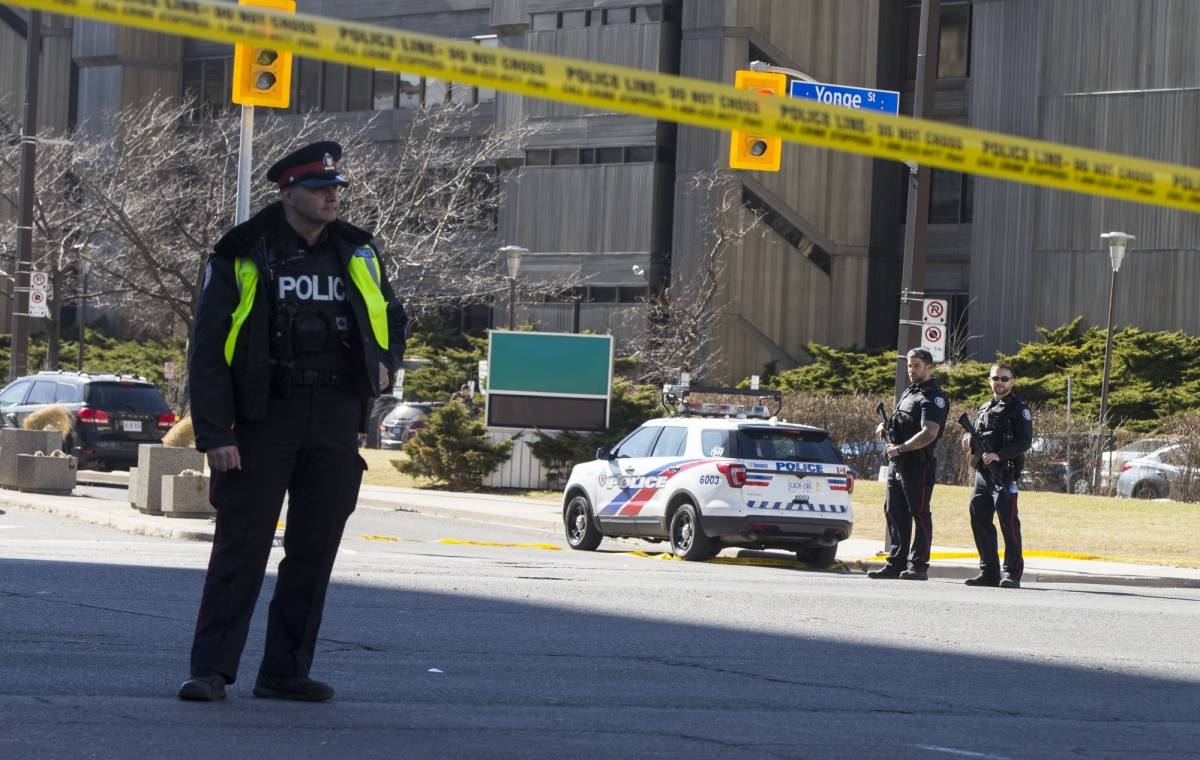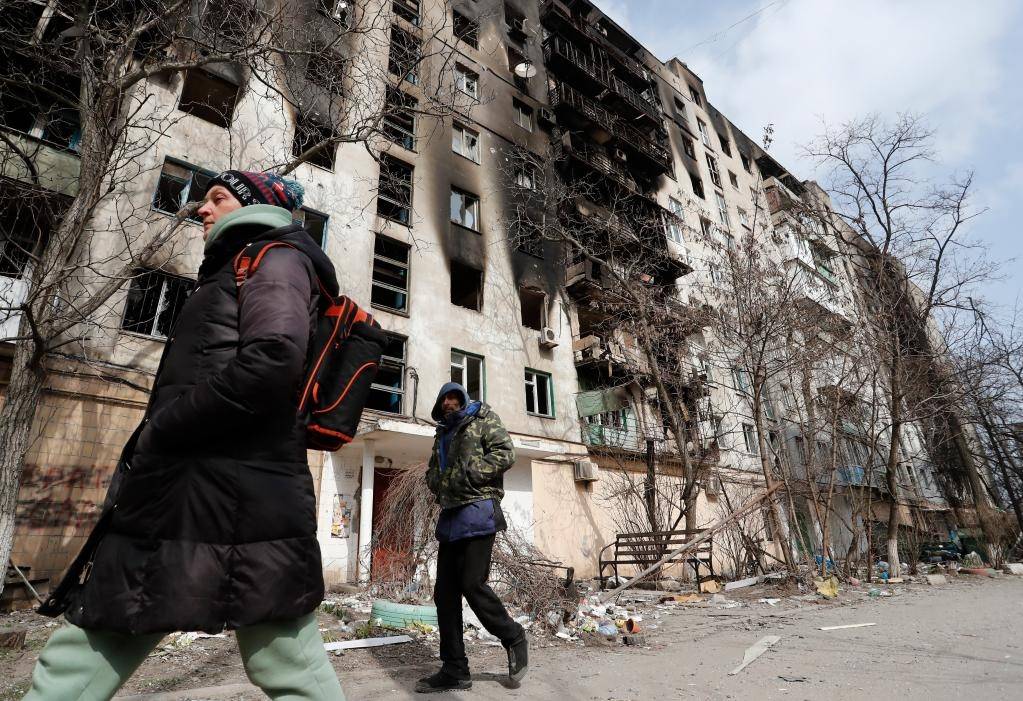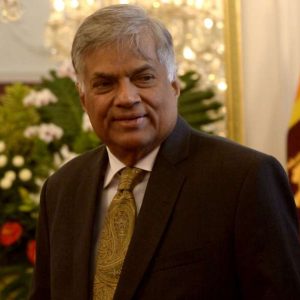Prime Minister Mahinda Rajapaksa said on Wednesday that the government is willing to talk with the young protesters…reports Asian Lite News
The Sri Lankan government has announced that it is ready to talk with the protesters, who have occupied the entrance to the President’s Office in Colombo.
The protests have entered the fifth day.
Prime Minister Mahinda Rajapaksa said on Wednesday that the government is willing to talk with the young protesters, who started a two-day protest on April 9 in Galle Face Green, iconic city point opposite the country’s former Parliament, which now runs as the President’s office.
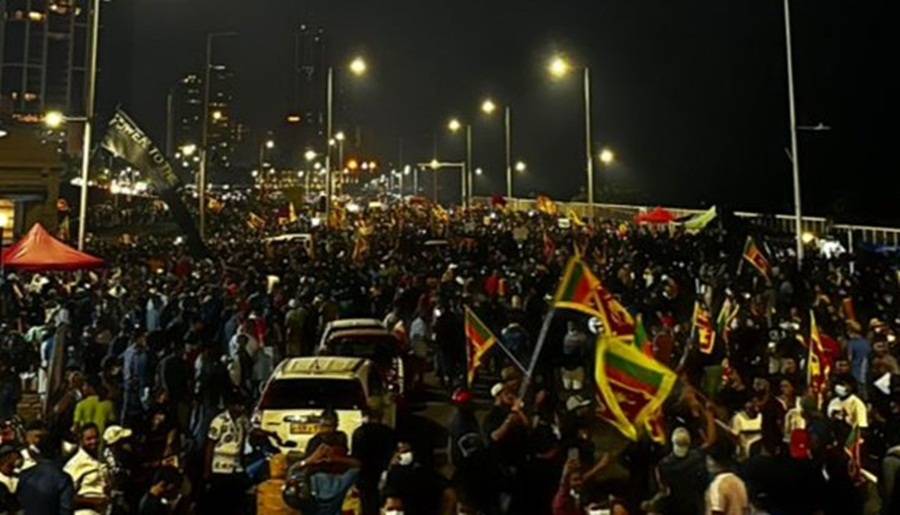
In a move to discourage the protest and send those attending it to villages ahead of Sinhala and Tamil New Year on Wednesday and Thursday (April 13 and 14), the government on Friday (April 8) declared a week-long holiday. But, the protest has been continuing with people gathering from around the country and putting up tents, free food provided and other facilities arranged.
On Monday, Prime Minister Rajapaksa while addressing the nation asked the protesters to give up the protest. He said that similar protests in both Sinhala majority South and Tamil rebels fighting in North to oust politicians in the past had dangerous results with thousands of lives lost. However, the former President during whose tenure the three-decade-long war against Tamil rebels ended, said he still has the courage and determination to face any challenge at present, just as he did before during the period of the conflict.
The anti-government apolitical protesters, an ‘Arab Spring’ moment in the Island nation, demand President Gotabaya Rajapaksa, his brother Prime Minister Mahinda Rajapaksa and their entire family and the government to quit in the backdrop of the worst ever economic crisis. The country has been facing shortages in fuel, electricity, LP gas and food. Slogan chanting ‘Gota go home’ protesters charged that the Rajapaksas have looted the country.
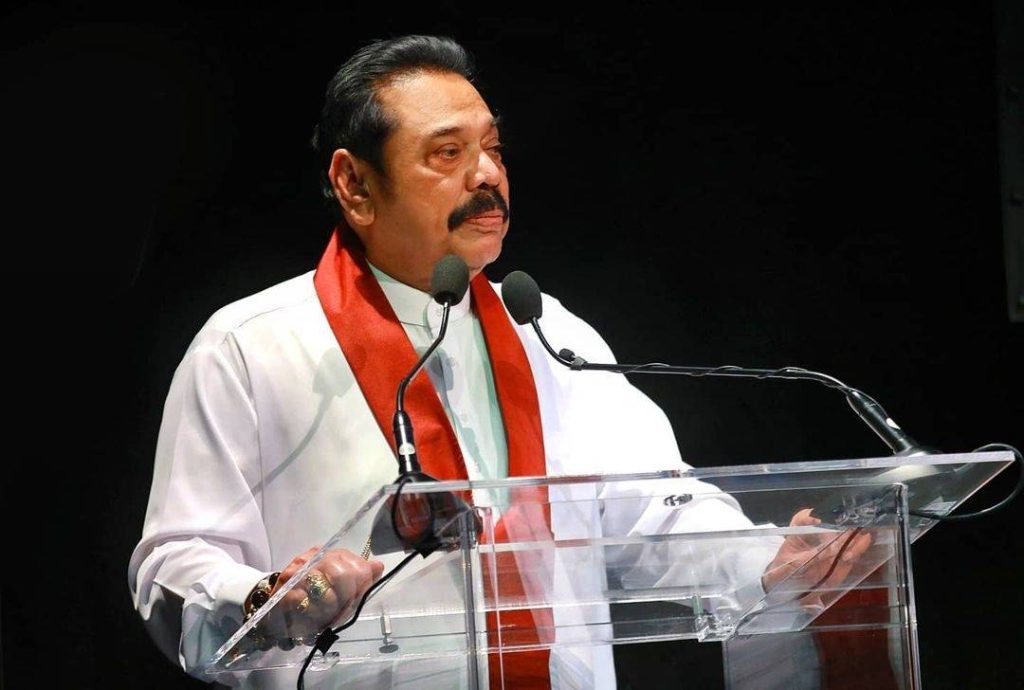
The medical experts last week announced that the country was going through a medical emergency with most of the essential drugs gone out of stock and urged international organisations and expatriates to help.
On Tuesday, the country’s Central bank announced that it has decided to default all external debt amounting to nearly $51 billion as a “last resort” as the country was in a dire need of foreign exchange to import essentials like fuel and food.


